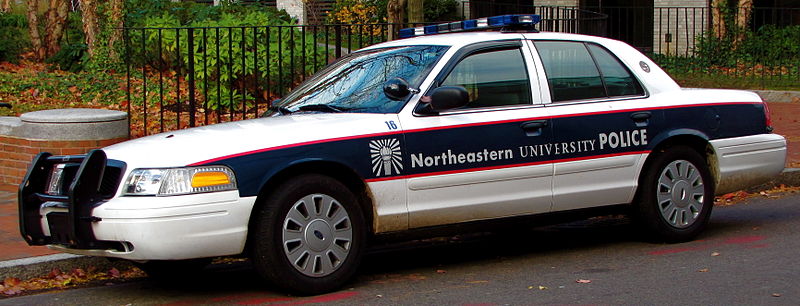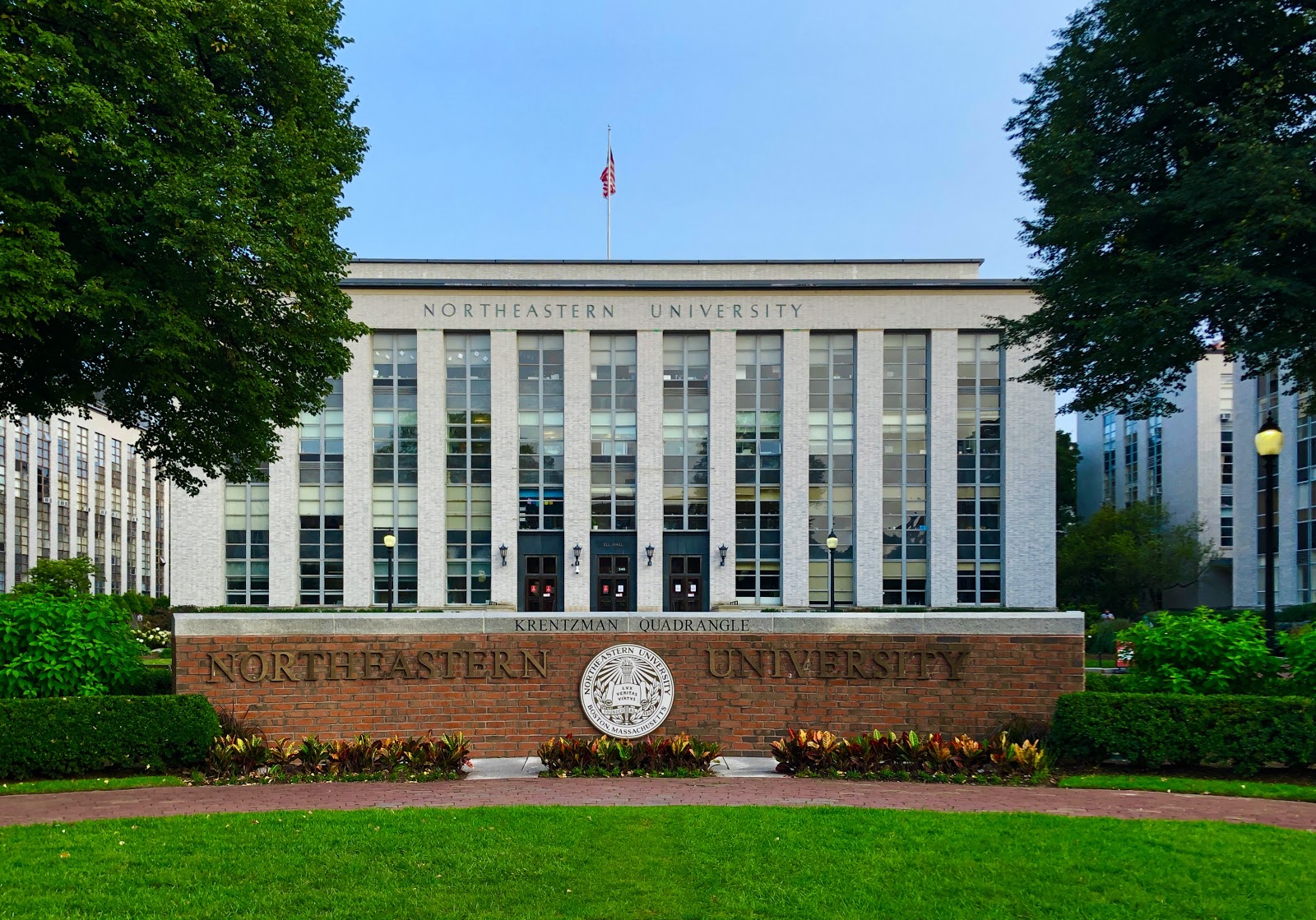As a school and as a nation, we have fallen into a reactionary culture of fear. In light of the San Bernardino shooting, it is understandable that our community is afraid. Though fear is justified in a period of national mourning and tragedy, it is important to maintain objectivity when creating policies that will impact both student and community lives for years to come. Despite mass shootings on college campuses being more visible now than ever before, there has actually been very little change in the rate of mass shootings in the last three decades. The fear that our school and our society feels is rooted in the ignorance surrounding both mass shootings and mental health. The recent December decision to arm Northeastern University police with M-15 assault rifles was rash, especially considering the blatant lack of data supporting the policy. Instead of responding to a national outrage with community engagement, the only widespread response was through an increased militarization of our on-campus police. While open forums, discussions to address this campus-wide fear, or a reflection on the mental health programs on campus could have been used, the university rushed into a serious decision that has long term consequences. This hasty decision, made during a time of national outrage, is no solution to our overall campus distress.
Rash decisions in response to the growing fear are not unique to Northeastern. Due to the highly controversial 1033 program, military grade weapons have become inexpensive and accessible to colleges, universities and local police offices with little regulation. Many students justify NUPD’s actions by pointing to the fact that Tufts, MIT, the University of Massachusetts schools, and Boston University have previously permitted their police departments to carry these assault weapons. However, it is important to realize that the perception of the use of these weapons has drastically changed since the creation of these policies. Because of the Black Lives Matter proposed policy solutions, the 1033 program has been heavily contested in recent months. In May 2015, President Obama created an executive order that reduced the range of military equipment that could be requested by independent policing facilities. He also included a mandatory reporting clause to increase transparency of beneficiaries of the 1033 program. In many ways, Northeastern’s policy is a national regression in gun control. In fact, it sets a precedent for more militarization that is utterly inconsistent with gun reformative work that has been done by civil rights groups in the last few years.
The fear of over-policing is felt by many communities, especially by those of color. Mary Anne Franks, Professor of Law at the University of Miami School of Law, spoke in a New York Times article on campus policing: “‘Mostly, I’m wondering why,’ she said. ‘As much as one might wonder about why major cities are getting this type of equipment — which I think we should wonder about and ask questions about — it seems even stranger to talk about it happening in voluntary communities that don’t experience much violent crime.’” This fear for the safety of community members is not unjustified when it has been less than a year since Samuel Dubose, an unarmed 43 year old black male, was murdered at a routine traffic stop by University of Cincinnati campus police. A recent Atlantic article illustrated the fact that “law enforcement on campuses have an inverse relationship: Increases to the numbers of officers on campuses are paralleled by declining rates of reported crimes at the schools. Yet even despite apparent reduction in crime, the numbers of campus officers have continued to expand—as have their responsibilities. Officers have increasingly gained the ability to arrest and patrol outside jurisdictions, and the growth to law-enforcement hires has outpaced that of student enrollment.” This is alarming considering the fact that within the state of Massachusetts, private institutions are allowed to withhold all police records. State Representative Kevin Honan created Bill H.2758 in 2015 to address the concern of police transparency within private institutions. Considering that this bill has not passed, the power that is becoming concentrated within many college communities is incredibly concerning.
Instead of accepting that all communities have weaknesses and then working to address them through concrete, measurable methods, Northeastern University Police Department has chosen to act independently and rashly with no community input. Students, community members, local politicians, faculty members, and the Boston Police Department all have independently solicited Northeastern about the lack of consideration of their voices on this matter. What NUPD does not see in its creation of a new community-focused model, seemingly created in response to blowback from this decision, is that in order to have a community focus, community members must give input from the beginning of the initiative. This current addition of assault rifles to the Northeastern community was done with no external communication and is justified solely by the fear of a community that Northeastern is claiming to protect.
Thankfully, everything that has been done can be undone. These methods can still be discussed and our community can still speak up. City councillors have recently announced a public hearing, Monday, February 29th at 5:00pm on this initiative and I hope that students who are passionate about this initiative attend so that their voices can be heard.



